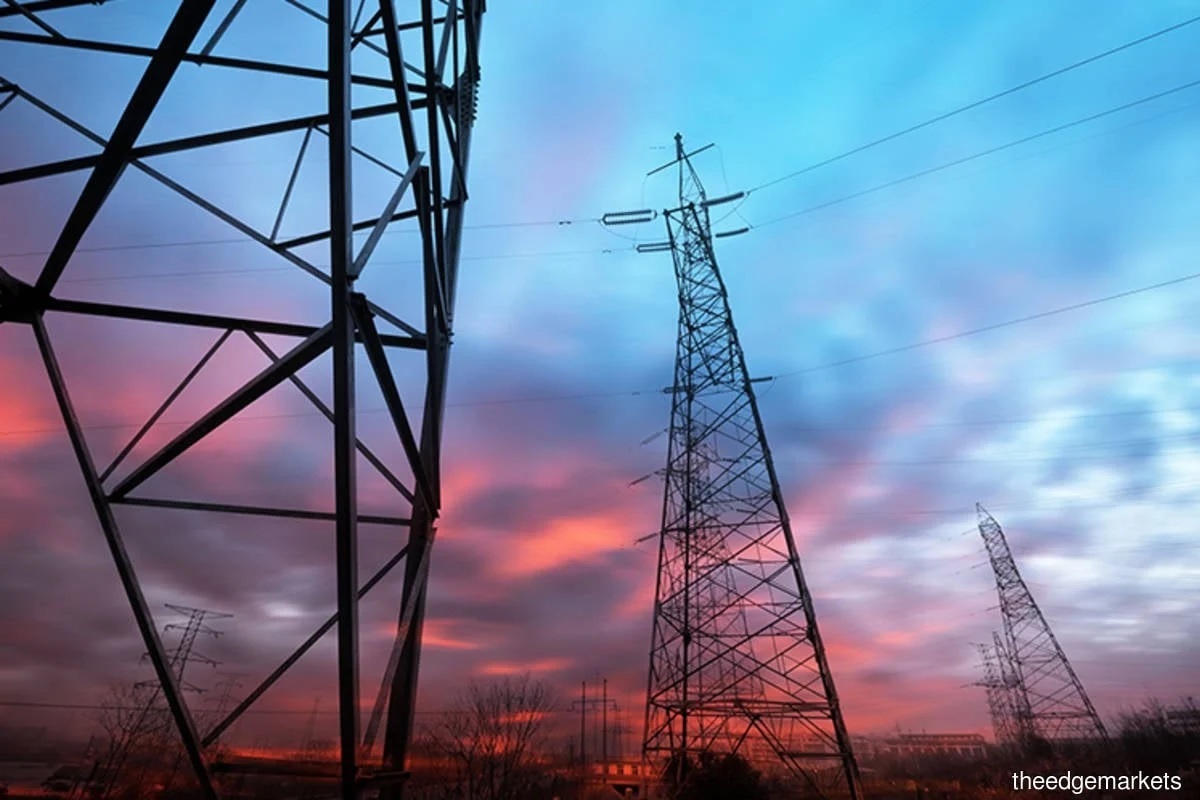Retailers, hoteliers urge govt for moratorium on new electricity tariff after surge in energy bills

- In a joint statement on Wednesday (Feb 8), seven associations representing retailers and the owners and operators of hotels, theme parks and shopping malls lament that their monthly energy bills have gone up by at least 20% to 30% compared to the previous year, despite similar usage levels.
- The associations were: Bumiputera Retailers Organisation, Malaysian Association of Hotels, Malaysian Association of Hotel Owners, Malaysia Budget and Business Hotel Association, Malaysian Association of Themepark and Family Attractions, Malaysia Retailers Association and the Malaysia Shopping Malls Association.
KUALA LUMPUR (Feb 8): Retailers and hoteliers are urging the government to provide commercial users a moratorium till end-2023 on the newly implemented electricity surcharge — which has been upped to 20 sen per kWh since the start of this year from 3.7 sen per kWh throughout 2022 — so that their businesses can first recover from the pandemic's impact.
In a joint statement on Wednesday (Feb 8), seven associations representing retailers and the owners and operators of hotels, theme parks and shopping malls lament that their monthly energy bills have gone up by at least 20% to 30% compared to the previous year, despite similar usage levels.
The associations were: Bumiputera Retailers Organisation, Malaysian Association of Hotels, Malaysian Association of Hotel Owners, Malaysia Budget and Business Hotel Association, Malaysian Association of Themepark and Family Attractions, Malaysia Retailers Association and the Malaysia Shopping Malls Association.
They said their members were among the hardest hit during the pandemic and only started to recover from the second quarter of last year, when the country's border reopened.
However, they have yet to be able to fully capitalise on the recovery period due to "the lingering after-effects of the pandemic, such as manpower shortage and the growing general caution for people to travel".
“Additionally, recent legislation such as the minimum wage revision and amendments to the Employment Act have further hampered our industries' recovery process. Now, we also have to contend with this immense and sudden upsurge in energy bill price that hits below the belt," they said.
The constant and increasing pressure on their businesses, especially at a time when Malaysia is stepping up its efforts to be the tourism destination of choice, is taking its toll on them, making them unable to operate efficiently and effectively, which stands to undercut these efforts, they said.
"We hope to hear a favourable response soon and we are always open for talks with the ministry for the overall betterment of the industry in Malaysia," they added.
The new 20 sen per kWh electricity tariff rate was announced by the Ministry of Natural Resources, Environment and Climate Change in mid-December last year, and is applicable on all medium voltage and high voltage users, as well as multinational corporations, from Jan 1 to June 30 this year.
It is part of the government's efforts to implement a targeted electricity subsidy, which allows domestic users to continue enjoying the two sen per kWh rebate on their power tariff during the same duration. It will also not increase the 3.7 sen per kWh surcharge on farmers and animal breeders, as well as lower voltage non-domestic users such as micro businesses and small and medium enterprises such as restaurants, groceries, bakeries and small workshops.
When announcing this, Natural Resources, Environment and Climate Change Minister Nik Nazmi Nik Ahmad said the government would have to bear RM14.91 billion to maintain the electricity tariff without the targeted subsidy scheme. With the new tariff structure, he said RM4.16 billion — which would have gone to bear the cost of electricity subsidy — could now be allocated to help the rakyat through other means.
Never miss out
Sign up to get breaking news, unique insights, event invites and more from EdgeProp.
Latest publications
Malaysia's Most
Loved Property App
The only property app you need. More than 200,000 sale/rent listings and daily property news.
